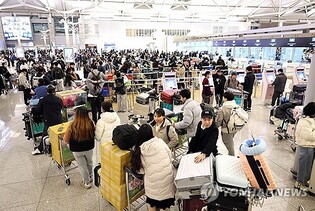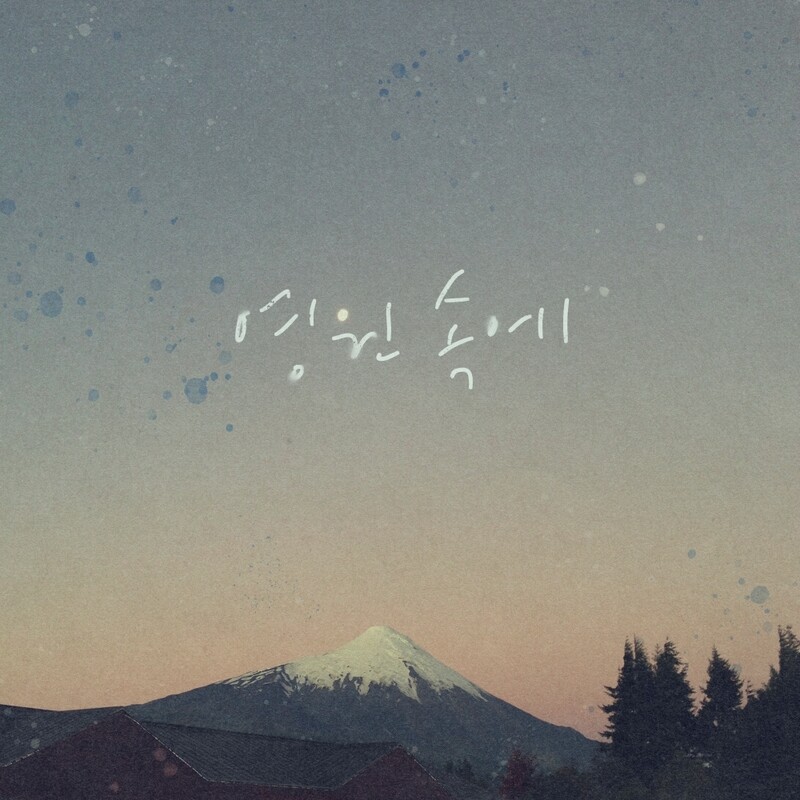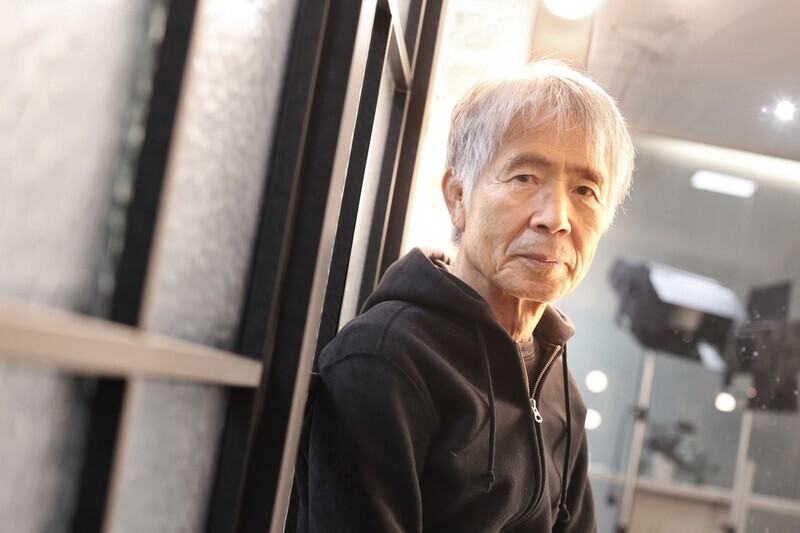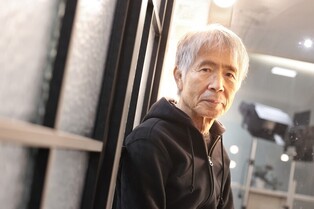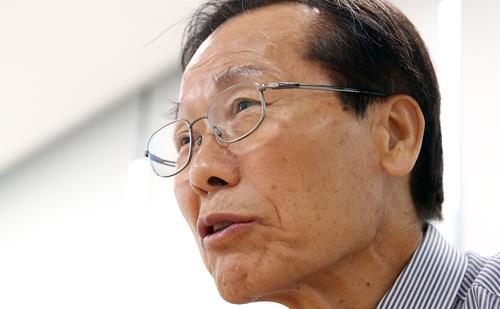 |
| ▲ This file photo shows Paul Shin giving an interview to Yonhap News Agency in 2015. (Yonhap) |
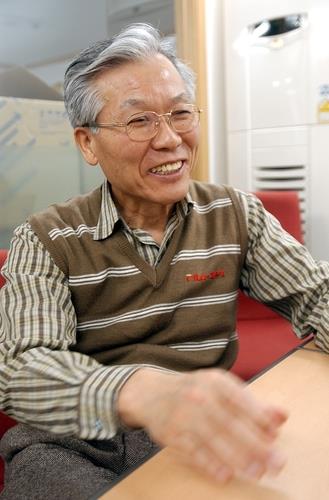 |
| ▲ This file photo shows Paul Shin in 2003. (Yonhap) |
journalist-obituary
Veteran journalist Paul Shin, who covered turbulent times in Koreas, dies at 84
By Lee Haye-ah
SEOUL, July 10 (Yonhap) -- Paul Shin, a former veteran journalist for the Associated Press who later worked as an English news adviser for Yonhap News Agency and worked in many areas covering key moments in the two Koreas, has died, his family said Thursday. He was 84.
Shin, whose Korean name was Shin Ho-chul, was a well-known figure in South Korea's foreign news circle, having worked as a journalist for AP's Seoul bureau for nearly 20 years from 1986 to 2003, during which time he was part of a team of reporters who won the 2000 Pulitzer Prize for investigating the 1950 killing of Korean War refugees by U.S. troops in the South Korean village of No Gun Ri.
He died at his home in Seongnam, just south of the capital, on Tuesday morning, according to his family.
Shin was born in the southern county of Gangjin in 1940 and graduated from Seoul National University College of Education before being commissioned as an interpreter officer for the Reserve Officers' Training Corps (ROTC).
He began working as a reporter for the Korea Herald newspaper in 1965, then worked for United Press International, before joining the AP.
Following retirement, he worked as a foreign news adviser for Yonhap until 2015, where he provided training for English news reporters.
Shin's career coincided with one of the most dramatic periods in South Korean history, as the nation emerged from a war and struggled under military dictatorships before achieving both democracy and economic development.
During an interview with Yonhap in 2003, he described the challenges of filing stories in an environment where access to phones and wireless equipment was limited.
"During the Kim Dae-jung kidnapping in 1973, I didn't have a phone at home because there was a lack of phone lines," he recalled, referring to the then opposition leader who was kidnapped by South Korean spies under then President Park Chung-hee. "I had a hard time because I had been completely unaware (of the incident) for five to six hours."
Shin said his most memorable event was when he covered the February 1980 visit of Gen. John Adams Wickham Jr., the then U.S. military commander in South Korea, to a front-line unit previously headed by future President Chun Doo-hwan, which was seen as a sign of U.S. approval for the military coup led by Chun on Dec. 12, 1979.
At a time when little about Korea was known to the outside world, Shin strove to tell his country's story.
"Until the mid-1970s, there wasn't much to write about other than inter-Korean tensions, suppression of the opposition and student protests," he recalled. "So of course foreigners' views of Korea had to be negative. But starting in the late 80s, our news became more varied thanks to our economic growth and hosting of the Olympics."
Shin is survived by his wife, his son and his daughter-in-law.
(END)
(C) Yonhap News Agency. All Rights Reserved


















![[2026 Outlook] BTS, BLACKPINK comebacks; UNESCO World Heritage session in Busan fuel K-culture momentum](/news/data/20251226/p1065576816972067_337_h.jpg)



